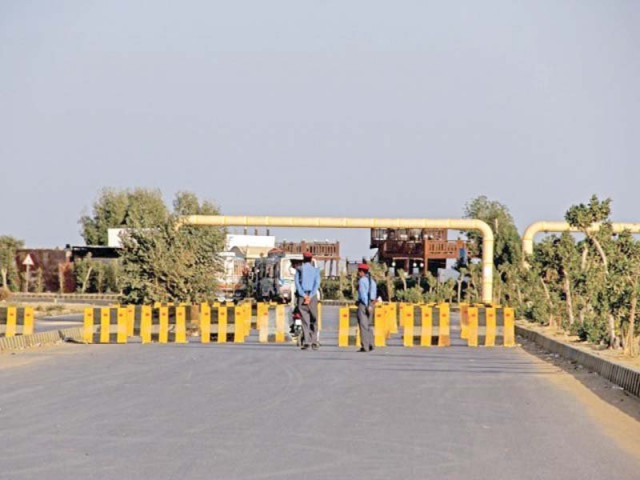Islamabad's E-Tag rollout falls short, motorists face delays
Motorists report temporary setups, missing staff, and inconsistent service

The Islamabad Traffic Police (ITP) recently rolled out an ambitious E-Tag system across the federal capital, accompanied by the announcement of seven dedicated checking points to regulate and streamline vehicle movement. While the initiative is timely and much needed — given Islamabad's growing traffic load, frequent VIP movements, and heightened security concerns — its execution so far has fallen far short of expectations.
According to official briefings, these E-Tag points were to function as permanent facilitation centres where motorists could be screened, verified, and issued tags on the spot. The plan envisioned a seamless technology-driven mechanism aimed at cutting manual checks, reducing long queues, and strengthening security through automated verification.
However, the ground reality tells a different story. Motorists report that none of the seven promised E-Tag points are fully operational. A pattern has emerged in which temporary setups are created, video footage is recorded for internal reporting, and the setup is dismantled shortly afterward. This practice has caused public frustration and raised questions about the seriousness behind the initiative.
A recent example is the E-Tag point briefly established near F-9 Park — a strategically chosen spot due to high traffic flow. The point disappeared within days, reportedly due to vehicle congestion. Instead of improving capacity to handle the rush, authorities simply shut it down, raising concerns about the project's readiness for citywide implementation.
Despite periodic press releases announcing new checkpoints, motorists continue to find no staff, no machinery, and no system in place when they arrive. The growing gap between official claims and on-ground service delivery is eroding public trust. Experts agree that the policy itself is progressive and holds the potential to significantly ease traffic bottlenecks, especially during peak hours and VIP movement.
Automated tagging can reduce reliance on manual policing, eliminate unnecessary roadblocks, and contribute to a safer and more efficient traffic environment. For these reasons, stakeholders argue that the ITP must urgently revisit its strategy and commit to a consistent, fully functional rollout.
Islamabad's traffic challenges are increasing each day, and the E-Tag system could be a transformative solution — if implemented with seriousness and continuity. The authorities now face a clear choice: move beyond symbolic announcements and deliver tangible results, because even the best reforms lose value when poorly executed.



















COMMENTS
Comments are moderated and generally will be posted if they are on-topic and not abusive.
For more information, please see our Comments FAQ